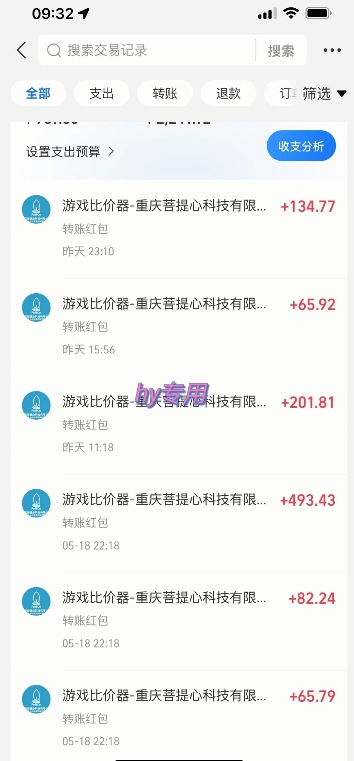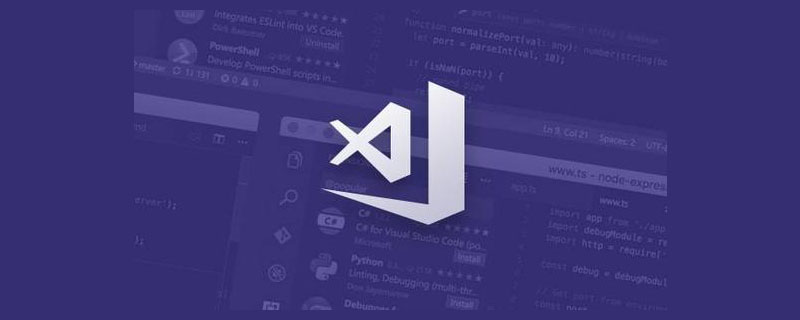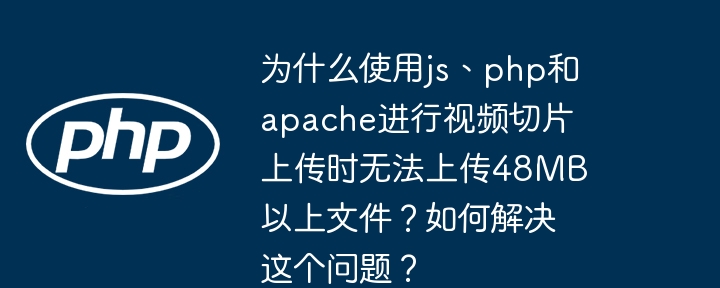在團隊協作開發 php 項目時,代碼風格的統一至關重要。不同的開發者可能有著不同的編碼習慣,這會導致代碼庫風格不一致,增加代碼審查和維護的難度。 idiosyncratic/editorconfig 是一個 PHP 庫,它實現了 EditorConfig 規范,能夠幫助我們輕松地在項目中強制執行統一的代碼風格。 composer在線學習地址:學習地址 EditorConfig 是一個用于維護不同 ide 和編輯器之間代碼風格一致性的配置文件格式。通過在項目根目錄下放置一個 .editorconfig 文件,你可以定義項目的代碼風格規則,例如縮進風格、空格數量、字符編碼等等。
idiosyncratic/editorconfig 庫允許你的 php 應用程序讀取并應用這些 editorconfig 規則。它能夠解析 .editorconfig 文件,并根據文件路徑找到適用的規則,從而幫助你實現代碼風格的自動化管理。
使用 Composer 安裝 idiosyncratic/editorconfig 非常簡單:
composer require idiosyncratic/editorconfig
安裝完成后,你就可以在你的 PHP 代碼中使用它了。以下是一個簡單的示例:
<?php require_once 'vendor/autoload.php'; use IdiosyncraticEditorConfigEditorConfig; $ec = new EditorConfig(); // 獲取指定文件的 EditorConfig 配置 $config = $ec->getConfigForPath(__FILE__); // 打印配置信息 print_r($config); // 或者,直接打印適用于指定文件的 EditorConfig 規則字符串 echo $ec->printConfigForPath(__FILE__) . PHP_EOL;
在這個示例中,getConfigForPath() 方法會讀取項目中的 .editorconfig 文件,并找到與當前文件路徑匹配的配置規則。你可以根據這些規則來格式化你的代碼,或者在代碼審查過程中檢查代碼風格是否符合規范。
idiosyncratic/editorconfig 庫的優勢在于:
立即學習“PHP免費學習筆記(深入)”;
- 標準化: 遵循 EditorConfig 規范,與其他編輯器和 IDE 兼容。
- 自動化: 自動讀取和應用代碼風格規則,無需手動干預。
- 易于集成: 可以輕松集成到現有的 PHP 項目中。
- 可配置: 通過 .editorconfig 文件靈活配置代碼風格規則。
通過使用 idiosyncratic/editorconfig,你可以有效地解決 PHP 項目中代碼風格不一致的問題,提高代碼的可讀性和可維護性,并提升團隊的協作效率。它是一個值得推薦的代碼風格管理工具。
Symfony Yaml Component
Symfony Yaml Component this component parses and dumps YAML files.
Resources Documentation Report issues and send Pull Requests in the main Symfony repository Help translating the component
Installation composer require symfony/yaml
Versions Version Status End of Maintenance 6.4 LTS Active November 2027 6.3 EOL July 2024 6.2 EOL July 2023 6.1 EOL July 2023 6.0 EOL July 2022 5.4 LTS Security only December 2025 5.3 EOL June 2022 5.2 EOL January 2022 5.1 EOL July 2021 5.0 EOL January 2021 4.4 LTS Security only November 2023 4.3 EOL February 2020 4.2 EOL November 2019 4.1 EOL July 2019 4.0 EOL November 2018 3.4 LTS Security only November 2021 3.3 EOL June 2018 3.2 EOL May 2017 3.1 EOL November 2016 2.8 LTS Security only November 2018 2.7 EOL May 2016 2.6 EOL February 2016 2.5 EOL August 2015 2.3 LTS Security only July 2017
Learn more about versioning.
Usage Parsing a YAML File use SymfonyComponentYamlYaml;
$value = Yaml::parseFile(‘/path/to/file.yaml’); Dumping a YAML File use SymfonyComponentYamlYaml;
$yaml = Yaml::dump([‘foo’ => ‘bar’], 2); Parsing a YAML String use SymfonyComponentYamlYaml;
$value = Yaml::parse($yamlString); Dumping a YAML String use SymfonyComponentYamlYaml;
$yaml = Yaml::dump($Array); More Information The complete reference is available in the YAML Component documentation.



















